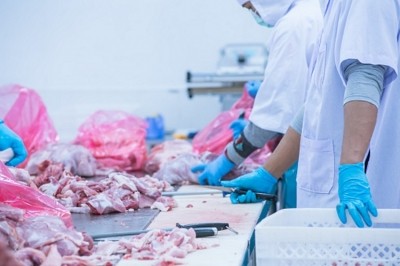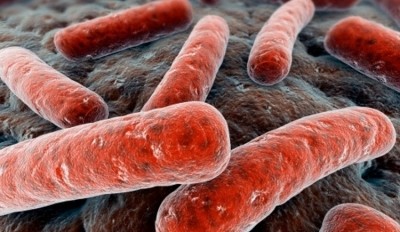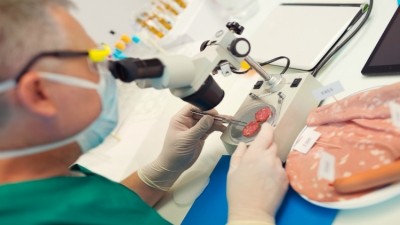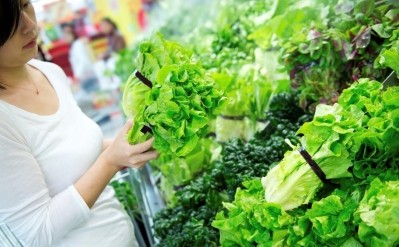Potential cause of Scottish E.coli problem identified
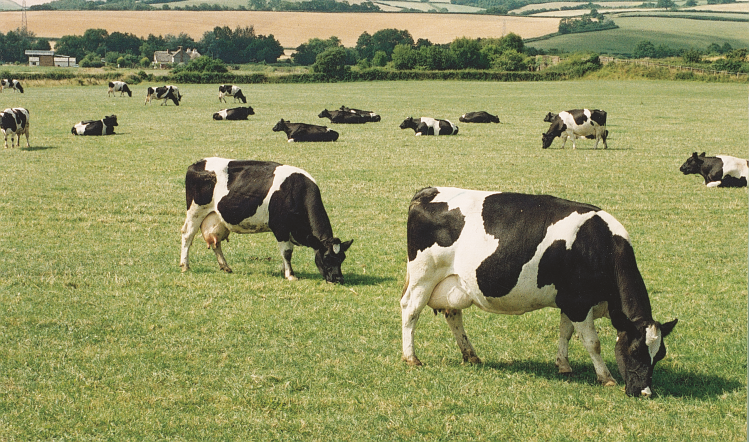
Research published by Food Standards Scotland (FSS) and the Food Standards Agency found that cattle in Scotland had a higher level of E.coli O157 - PT21/28, which was known to cause more severe human infection.
A consortium of scientists worked on the report, led by the Roslin Institute, the Moredun Research Institute and Scotland’s Rural College. The study also found the overall prevalence of E.coli O157 in cattle is similar across the UK and has remained relatively consistent in Scotland over the last decade.
Reducing human exposure
The research also trialled a vaccine developed to limit E.coli O157 excretion from and transmission between cattle, with results that indicated the vaccine might be effective in reducing human exposure and infection.
However, before a vaccine could be marketed, further work was needed to assess if it was practical to be used on-farm and if it was an effective public health intervention.
FSS head of food protection science and surveillance Dr Jacqui McElhiney said the report was the culmination of a successful international collaboration and was a valuable contribution in reducing the risks of E.coli.
‘Highest levels of infection’
“Scotland has historically had the highest levels of E.coli O157 infection in the UK and, despite our best efforts, the number of people affected has remained stubbornly stable,” McElhiney added.
“This research has shed some light on the possible reasons for this, and it’s really encouraging to see the progress that has been made in developing a potential vaccine for controlling it.”
The full version of the report can be found here.
Meanwhile, in the autumn, Errington Cheese – the Scottish cheesemaker linked to a fatal outbreak of E.coli O157 in 2016 – made the last of its remaining staff redundant. Sales at the business had dropped in spite of a ruling that cleared the company of breaching hygiene regulations.
